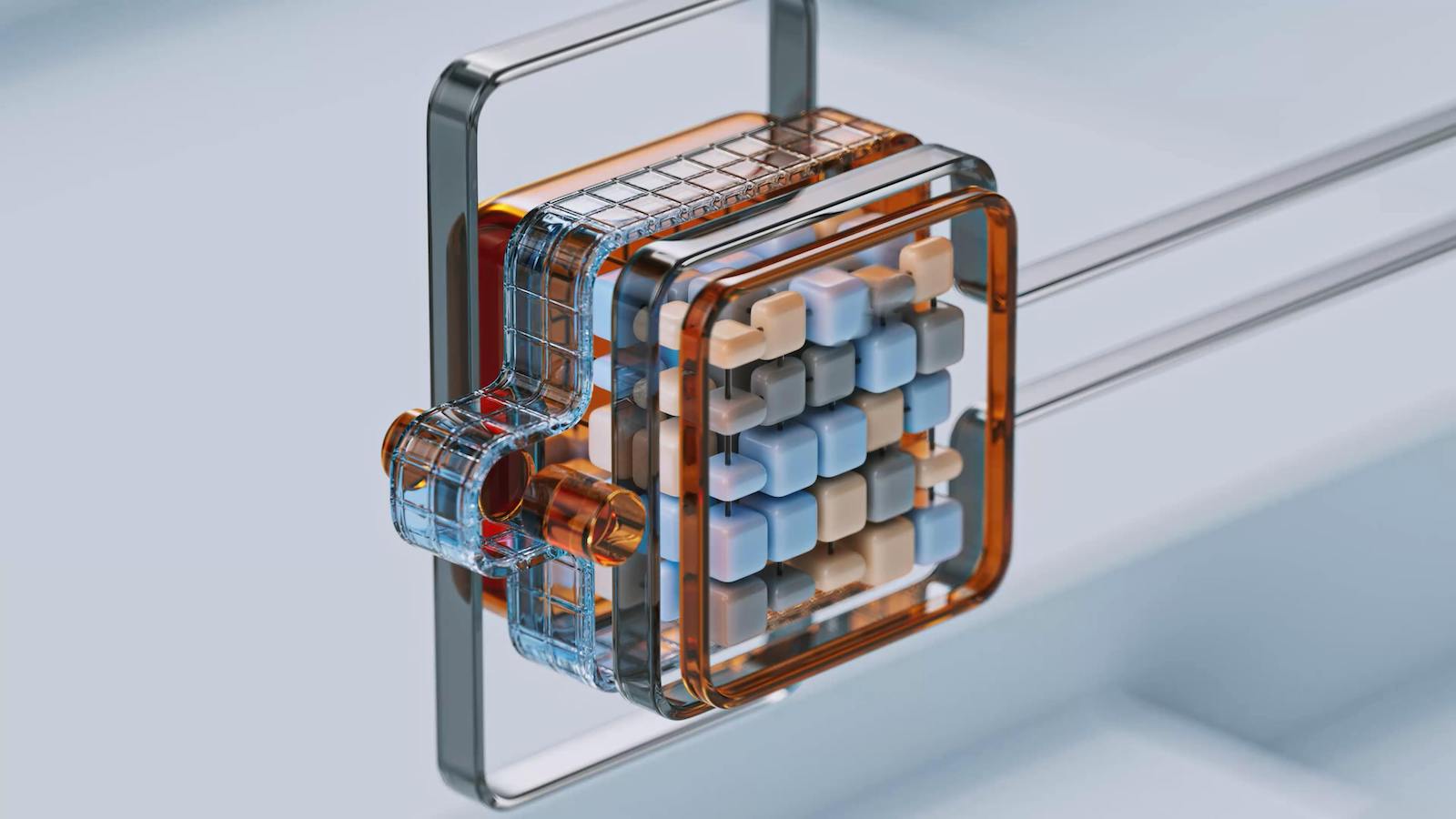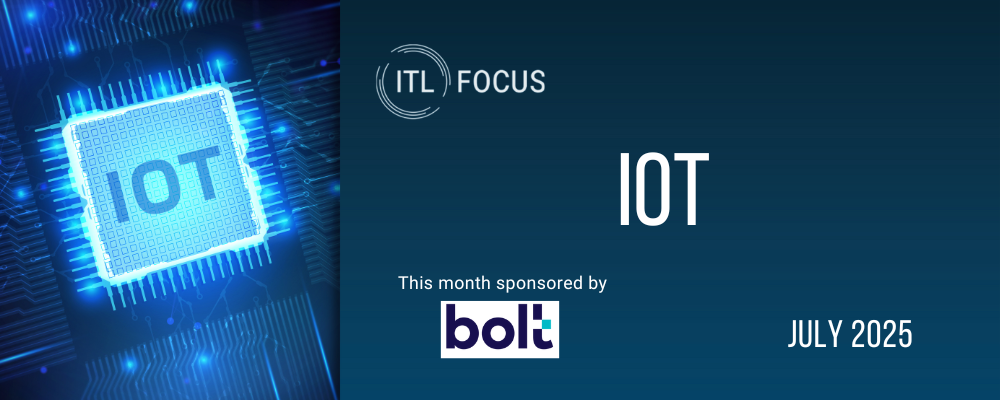 |
To check in on the prospects for the Internet of Things, Editor-in-Chief Paul Carroll chatted with Dave Wechsler, the insurtech lead investor with the $2 billion venture fund operated by OMERS, the pension fund of Ontario. Dave, an old friend of ITL’s, has a long history with the IoT and telematics, including as the vice president for growth initiatives at Hippo and as the leader of IoT business initiatives at Comcast. |
ITL:
To set the stage, how are you thinking in general about IoT these days and about what it can do for insurance?
Dave Wechsler:
To me, it's about collecting data and using the data in real time to prevent loss. You’re driving too fast. You're not locking your door. You've got a smoke alarm battery that's dead. We gather real-time data and then coach around it, explaining to the customer why this is important. Ultimately, we underwrite against the data. Good behavior should be rewarded, and bad behavior should be penalized.
I don't necessarily think the consumer should be burdened and have to buy a lot of devices. I do think the insurer can drive a lot of technology into the business, home or auto to improve results. The economics don't really work today, but they’ll keep getting better and better.
I have a history here. I built one of the first wireless thermostats in 2000 and had thousands of Nest-like thermostats across the U.S. and Canada. They were $5,000 apiece. Now, you can go buy one that's far superior for $59. As IoT technology gets adopted, the price points will drop, and it will be very valuable for insurers.
ITL:
I'm interested in the economic argument, and you’re actually in the middle of my introduction to it. A few years ago, I had a long conversation with Notion about its water leak sensors – and you were part of the team that ran the acquisition of Notion while you were at Comcast. If you could riff a bit on the economics, that’d be great.
Wechsler:
If you could be assured that dropping one water sensor puck below your washing machine would catch all of the water leaks in your home, you’d remove the non-CAT water risk, and the economics would work. But, inevitably, that’s not how it goes, right? You get the five-puck pack from your insurer, you drop the five pucks and the place that you didn’t drop the puck is inevitably where you have a leak. If you have a whole home water shutoff, you’re going to catch more problems, but that runs you maybe $700 or $800 installed, and you’ll have a harder time justifying the expense.
Unless the customer is sticky. If the customer stays with you for 10 years, maybe because of the leak detection, then there is a very good return. But you have to balance those people against the guy who only stayed for a year or two, and you spent $800 on him.
I would argue probably that none of the products work today as an aftermarket standalone purchase on a pure dollar-to-dollar basis. So, how do you make the IoT work broadly? You probably need a new business model. Why don't we provide water loss avoidance as a service?
The carrier wouldn’t have to worry about how many devices are in the home or what they are. We'll just run a book for you, and you won't have water losses. We'll charge you per house per year. If we decide to have 100 technicians outside a house every day, that’s our business. Same if we want to gamble on a house, maybe because it’s new construction, and not put sensors in there. That could be a really innovative business model.
ITL:
We've talked a lot about water. Are there other areas that you see as having big potential?
Wechsler:
Sensors for fire are getting less expensive and may get to the point where there’s a crossover, where you can make an economic argument for installing after-market products. But I'm not sure that that is the right model because there's still a lot of user risk. I still think you probably need a new business model to get big scale going.
Lots of IoT companies see the potential. They just don’t have enough capital.
ITL:
How quickly do you think we could get to scale?
Wechsler:
I don't want to make this sound futuristic, because the technology all works today. The price point is still just a little high, and there are regulatory issues. For instance, privacy constraints may mean the carrier can only test a sensor once a year, for underwriting, and not monitor it in real time.
ITL:
I think real time is the key. If you send me a report about my driving and coach me that I did something dangerous two weeks earlier, that’s not a lot of help. But if you warn me that I’m about to cross black ice, because someone else swerved on it a minute earlier, that makes all the difference in the world.
Wechsler:
I can't wait for continuous underwriting. I can't wait for real-time data.
And there doesn’t have to be any crazy engineering any more. Sensors may get fooled initially. A whole home water shutoff valve might get nervous about the rate of flow because someone flushes the toilet after they’ve turned the shower on, but sensors figure things out, and monitoring water flow, humidity, wiring and heat is pretty straightforward.
ITL:
Have you ever heard the name Stu Ungar? He was one of the best poker players of all time but famously careless with money. He paid his water bill in Las Vegas with cash—when he had it—and a friend finally noticed that he seemed to be carrying quite a wad. He asked Ungar what his water bill was each month. “About $3,000,” Ungar said. The friend said, “Stu, you have a leak. A big leak.”
Talk about needing a leak sensor.
Wechsler:
And the issue wasn’t just his water bill. The leak was probably doing structural damage to the house, too.
ITL:
One last thing, while I have you: Are there any other trends that are getting you excited?
Wechsler:
There are lots of new entrants in commercial auto, and they’re all starting with cameras in the cab, which will end a lot of the “he said, she said” litigation related to accidents and make the whole process smoother.
More broadly, think back to when telematics first came out, 20-plus years ago. The concept of consumers engaging with insurers was crazy. No way. Nobody’s ever going to do it. Well, a year and a half ago, I was in Florida with my dad, who was 79 at the time, and he said, “Hey, man, I just got this amazing thing from Geico. It saved me 400 bucks.” I asked what it was. “I downloaded an app, and it scores my driving,” he said. He’s a really safe driver, so he saved a lot of money, and now he’s all in on using the app.
Eventually, this flips from a reward to a penalty, right? Safe drivers don’t just pay less; unsafe drivers pay more, as they should. If you’re worried about technology penalizing you, then you’re probably admitting you have risk factors.
This, to me, is what technology is about—how risk is underwritten.
ITL:
Thanks, Dave. I’m always smarter after we talk.





